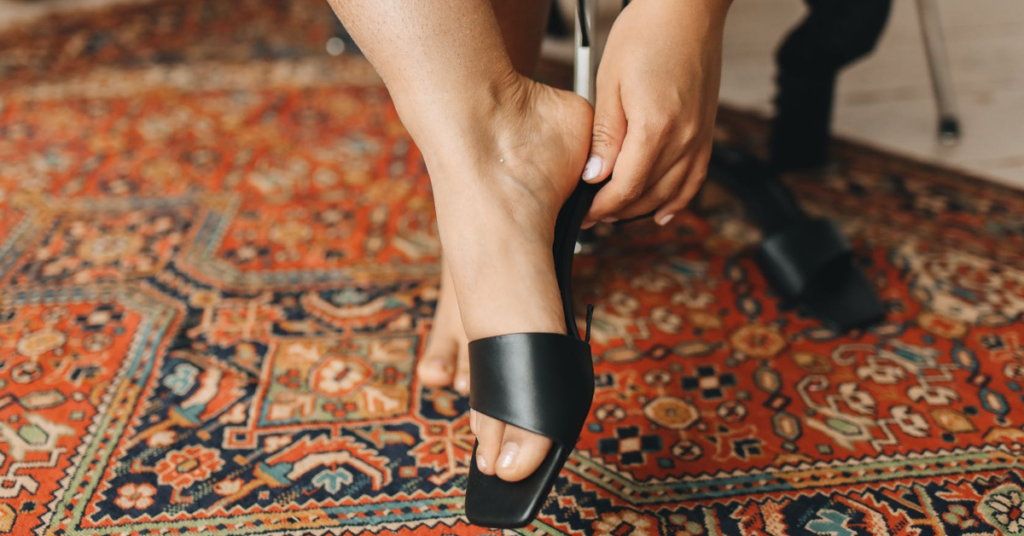
Non-Surgical Blog
Achilles Tendonitis is No Joke
February 18, 2022

The Achilles tendon is the tendon that connects the two major muscles of the calf, the gastrocnemius and soleus muscles, to the back of your heel. These muscles are essential for walking, and allow you to push off with your foot or balance on your toes. Achilles tendinitis is a condition of inflammation caused by overuse of the foot by walking, running, or jumping.
In younger age groups, Achilles tendinitis may result from an increase in activity, failure to stretch your calf muscles, running on hard surfaces, playing sports like basketball, which require a lot of jumping, or simply overdoing your running routine. Shoes without proper support can contribute to Achilles tendinitis. If your foot suddenly turns inward or outward while involved in an activity, this may result in injury and inflammation.
People who are elderly or middle aged may experience Achilles tendinitis as a result of a bone spur or a growth formation as a result of arthritic changes. A bone spur in the back of the heel is a constant irritant to the Achilles tendon.
Symptoms
Achilles tendinitis pain is found near the bottom of the foot. Achilles tendinitis often causes swelling as well. Your symptoms may include pain both in the heel and along the course of the tendon when you are walking or running. Frequently, the tendon is stiff in the morning and you may experience pain with palpation or movement. In severe cases, it will be difficult to stand on your toes.
At Chattanooga Non-Surgical Orthopedics, we can check for a bone spur, using x-rays and can diagnose the problem.
Treatments
Simple treatment for Achilles tendinitis pain normally includes conservative measures, such as changes in your activity pattern. You should stop any activity that results in pain. If you continue to exercise, some activities like biking or swimming, will put less stress on your Achilles tendon.
When you come Chattanooga Non-Surgical Orthopedics for relief, Dr. Hall and staff will be able to help you with exercises that stretch the tendon. Though treatment plans for Achilles tendinitis can take up to 2 months to resolve, many start feeling some relief right away. The key to prevention of Achilles tendinitis is maintenance of strength and flexibility of the muscles of your calf.
If you are suffering from foot or ankle pain, make an appointment today, 423-499-0003.
#bestinchattanooga

Search our blog posts: